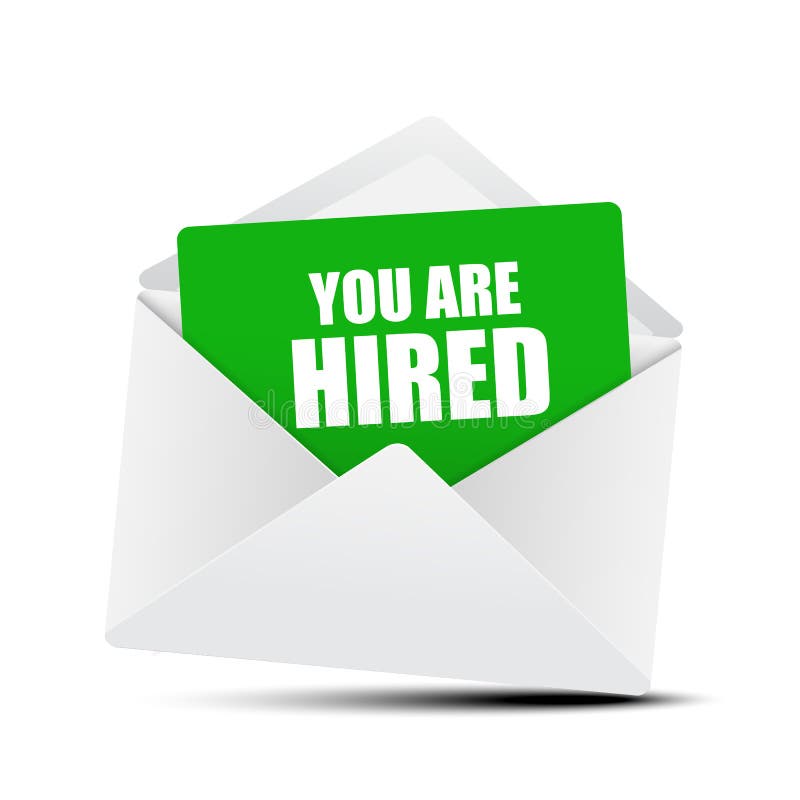Applying for jobs can be a tedious process, and the competition can be nerve-wracking. If you are looking for a job and it seems too distant to grasp, you can try freelance jobs where you can utilize your skills and earn without limits.
In today's gig economy, freelancers are in high demand, and platforms like Upwork have emerged as a vital resource for connecting skilled professionals with clients worldwide. Upwork is a leading freelance marketplace that offers a wide range of opportunities for freelancers in diverse fields. In this comprehensive review, we will explore how Upwork helps freelancers thrive, highlighting its key features, benefits, and its role in empowering independent professionals.
User-Friendly Platform
Upwork provides freelancers with a user-friendly platform that simplifies the process of finding and securing freelance work. The intuitive interface allows freelancers to create professional profiles, showcase their skills, and highlight their experience. The platform is designed to optimize search engine visibility, enabling freelancers to attract potential clients more effectively.
Wide Range of Job Opportunities
One of the key advantages of Upwork is the sheer diversity and abundance of job opportunities it offers. Freelancers can find projects across a wide spectrum of industries, including web development, graphic design, writing, marketing, and more. With thousands of job postings added daily, freelancers can explore various projects and choose the ones that align with their expertise and interests.
Efficient Proposal and Bidding System
Upwork's proposal and bidding system allows freelancers to showcase their abilities and compete for projects. The platform allows freelancers to submit tailored proposals, highlighting their relevant experience, skills, and rates. The system enables freelancers to negotiate project details directly with clients, enhancing transparency and fostering collaboration.
Secure Payment System
Upwork prioritizes the security and convenience of financial transactions for freelancers. It incorporates a reliable payment system that guarantees timely and hassle-free compensation for completed work. Freelancers can rest assured that their earnings are protected, as Upwork acts as an intermediary, handling payment processing and dispute resolution.
Global Exposure and Networking Opportunities
With millions of users from around the world, Upwork offers freelancers an extensive network of potential clients and collaborators. This global exposure enables freelancers to expand their professional network, build relationships, and secure long-term partnerships. The platform also provides opportunities for freelancers to receive feedback and reviews, strengthening their reputation and credibility.
Upwork Skill Certifications
To further enhance freelancers' credibility and marketability, Upwork offers skill certifications. These certifications validate freelancers' expertise in specific areas, boosting their chances of attracting high-quality clients. Earning certifications on Upwork demonstrates a commitment to professional growth and sets freelancers apart from the competition.
Collaborative Work Environment
Upwork's collaborative work environment facilitates seamless communication and project management between freelancers and clients. Through the platform, freelancers can discuss project requirements, share files, and receive feedback in real time. This streamlined workflow enhances productivity and ensures clarity throughout the project lifecycle.
Dedicated Support and Resources
Upwork understands the importance of providing support and resources to freelancers. The platform offers dedicated customer support to address any queries or issues that may arise. Additionally, Upwork provides resources such as educational content, webinars, and community forums, enabling freelancers to enhance their skills, stay updated on industry trends, and grow professionally.
Conclusion
Upwork serves as a valuable platform for freelancers, offering a plethora of job opportunities, a user-friendly interface, secure payment systems, and a collaborative work environment. By leveraging Upwork's features and resources, freelancers can expand their professional network, showcase their skills, and establish a successful freelance career. Whether you're a seasoned freelancer or just starting, Upwork provides a supportive ecosystem to help you thrive in the gig economy.
Read other job-hunting tips:
How to Prepare for Job Interviews
How to Write a Compelling Resume that Stands Out to Employers
10 Best Attire In Job Interviews






